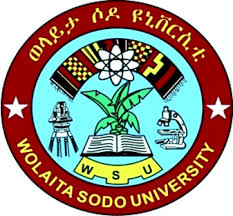

Thematic areas
Research, community engagement and technology transfer thematic areas
|
Agriculture and Agro-Industry 1. Fishery
and Aquatic Resources Development 2. Food
security and safety, Value chain, Food processing and value adding 3. Food
and Economic Values of Neglected Traditional Crops 4. Apiculture
and Pollination 5. Climate
Change and Sustainable Development 6. Agricultural
Biotechnology and Agro-industry 7. Plant
and Animal Production and Protection 8. Natural Resource Conservation and Environmental Protection 9. Animal Diseases, Veterinary Services, Zoonosis, One Health, Animal welfare Geology, Mining and Natural Resource
Management 1.
Geology and mining 2.
Natural Resource
Management and Environment 3.
Physical, Chemical and
Biological Sciences 4.
Science, Technology and
Innovation Human Health 1.
Quality Health Services
and Pharmacy Practice 2.
Reproductive Health 3.
Communicable and
Non-communicable Diseases 4.
Nutrition and Health
Care Financing for Universal Health Coverage (UHC) 5.
Technology Innovation
for enhancing health service delivery 6.
Traditional
and modern medicine |
Humanities 1. Cultural Studies, Anthropology and Sociology 2. Tourism-Industry and Investment 3. Language, Linguistics and Communication Studies 4. History, Archeology and Heritage Management 5. Environment and Development 6. Law, Good Governance, Peace, Security and Conflict
Management 7. Human Development, Psychosocial Wellbeing, Mental Health 8. Quality Education, Educational Leadership and Curriculum
Development 9. Service Learning and Engaged Pedagogy 10. Business, Finance and Economics issues Engineering and Technology 1. Information
Communication Technologies 2. Artificial
Intelligence and deep learning 3. Hydropower,
Irrigation, Geothermal and Solar Energy; Development Projects Emerging and Cross cutting issues 1. Global Pandemics,
Gender, HIV/ AIDS, climate change, special need education 2. Child
migration and drug use/abuse 3. Endangered
indigenous language, culture and asset studies 4. Indigenous
knowledge/practices |
